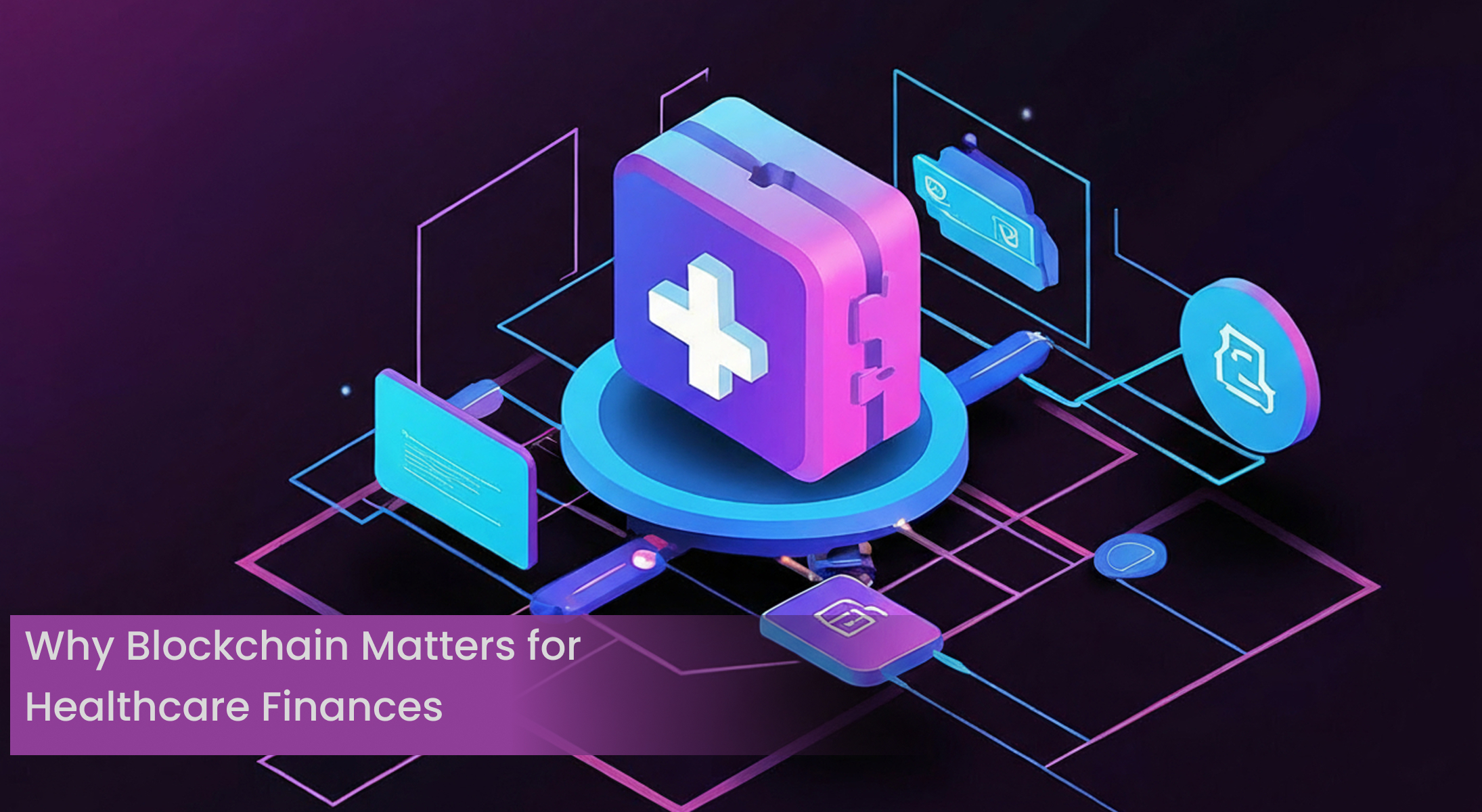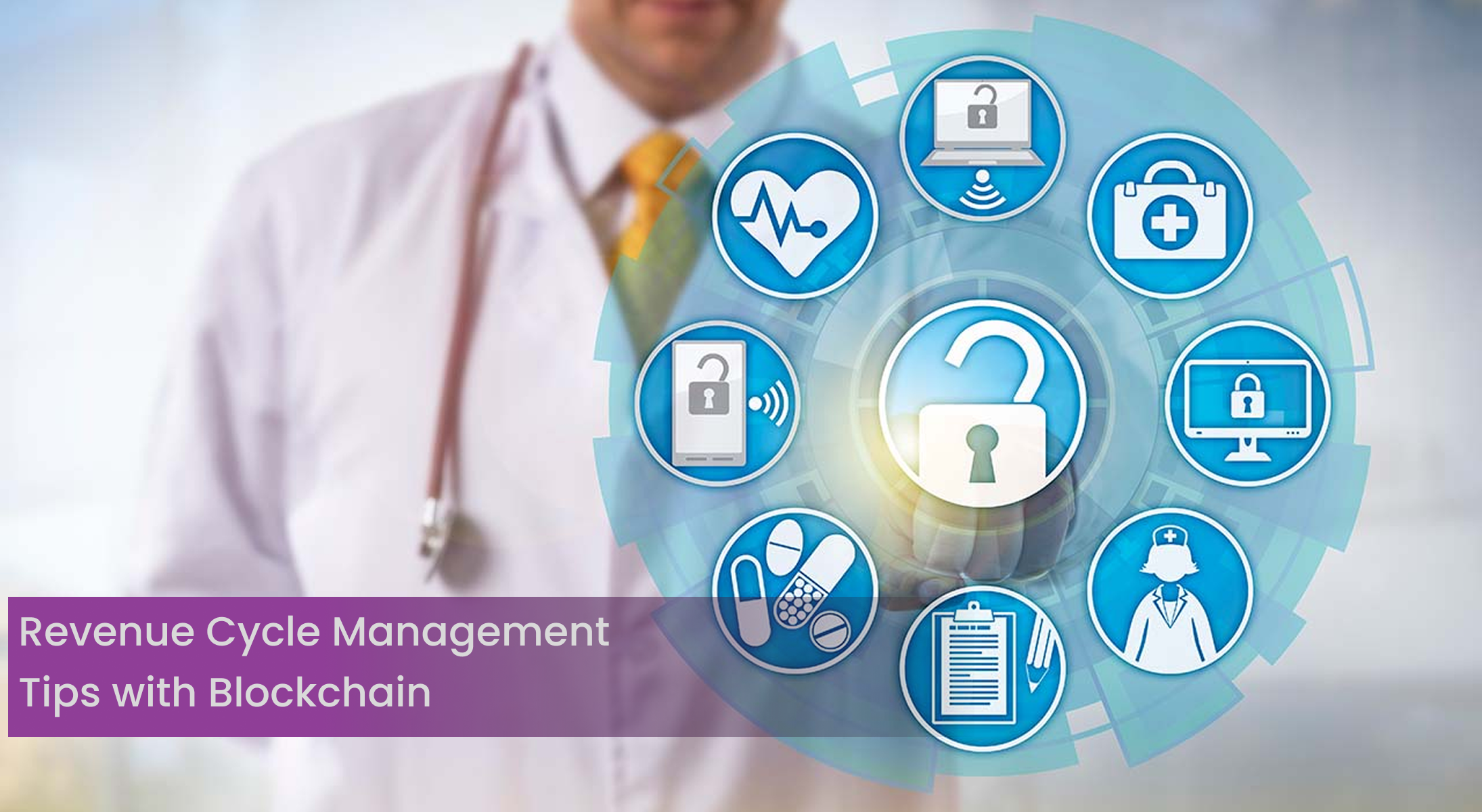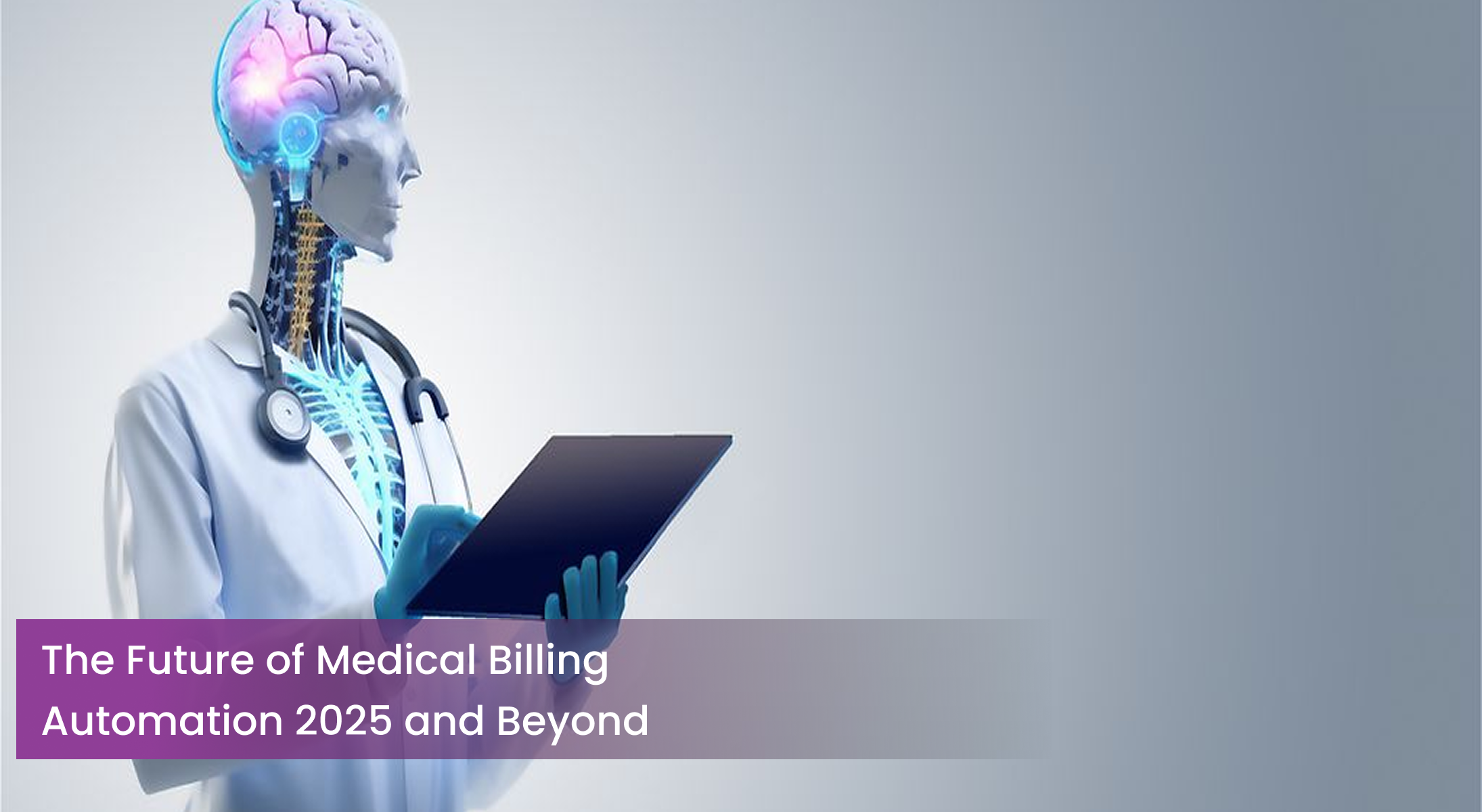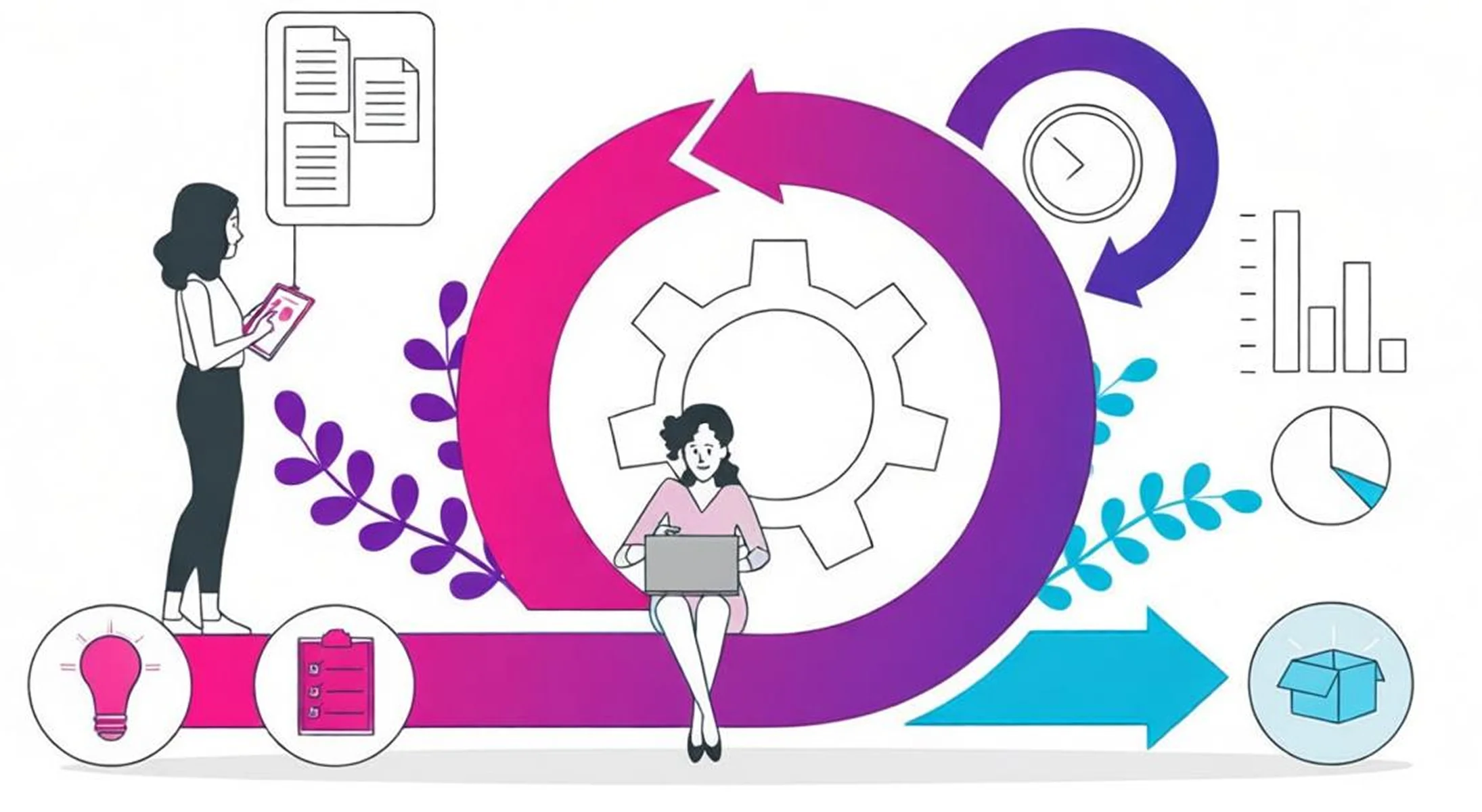
Blockchain in Medical Billing | Secure Future 2025
By Billmate
Sept. 15, 2025, 4:36 a.m.
Background
The healthcare industry is no stranger to innovation, but 2025 marks a turning point in medical billing solutions. Rising patient volumes, evolving regulations, and growing digital threats have made traditional systems increasingly vulnerable. In light of the medical billing challenges of 2025, including frequent claim denials and compliance risks, providers require a new approach.
Enter blockchain technology, a transformative tool that ensures accurate claims processing, improves security, and streamlines healthcare revenue cycle management. For hospitals, clinics, and private practices, blockchain isn’t just a buzzword; it’s becoming a necessity for financial security and efficiency.
What Is Blockchain in Medical Billing?

Blockchain is a decentralized digital ledger that securely and transparently records transactions. In medical billing, blockchain creates an unchangeable record of claims, coding, and payments, ensuring that every step in the revenue cycle is secure, traceable, and compliant.
Key Benefits of Blockchain in Billing:
-
Tamper-proof records of claims and payments.
-
Real-time verification between providers, payers, and patients.
-
Faster reimbursements with fewer disputes.
-
Built-in compliance with HIPAA regulations.
Why Blockchain Matters for Healthcare Finances

Security Against Data Breaches
The healthcare sector is one of the biggest targets for cyberattacks. According to the HIPAA Journal, breaches exposed over 133 million patient records in 2023. Blockchain ensures encrypted, decentralized data, reducing the risk of hacks.
Transparent Revenue Cycle
Every stakeholder, provider, payer, and patient can see the same immutable record, minimizing errors and disputes. This transparency helps reduce billing errors and improves trust.
Faster Payments and Lower Denials
Smart contracts built into blockchain automatically validate claim data, reducing medical coding errors and cutting down on denials. Providers benefit from quicker payments and improved cash flow.
Top Blockchain Use Cases in Medical Billing
Accurate Claims Processing
Traditional claims pass through multiple intermediaries, increasing the risk of mistakes. Blockchain enables real-time claim validation, ensuring accurate claims processing and faster payer approvals.
Reducing Claim Denials
By integrating blockchain with medical billing automation in 2025, providers can automatically flag missing or incorrect information before submission, answering the critical question: how to reduce claim denials in healthcare?
HIPAA Compliance
Blockchain provides built-in encryption, access control, and audit trails, ensuring compliance in medical billing (HIPAA compliance). Providers can follow the medical billing compliance checklist 2025 with confidence.
Streamlined Revenue Cycle Management
With blockchain, healthcare revenue cycle management becomes more efficient:
-
Denials decrease.
-
Payments are faster.
-
Administrative costs are reduced.
Patient-Centric Billing
Blockchain enables clear, real-time invoicing. Patients can see charges and payments instantly, making it one of the best medical billing practices for clinics to improve patient trust.
Blockchain and Outsourced Medical Billing

Many providers are asking: Why outsource medical billing services USA when new technology is available? The answer lies in combining both.
When you outsource medical billing to HIPAA-compliant, blockchain-enabled partners, you gain:
-
Medical billing outsourcing benefits such as reduced overhead.
-
Blockchain-driven automation for faster claim approvals.
-
Assurance of maximizing healthcare reimbursements while staying compliant.
-
Explore our services to see how outsourcing + technology creates unmatched efficiency.
Revenue Cycle Management Tips with Blockchain

-
Integrate blockchain with existing EHR and billing systems.
-
Use smart contracts for accurate claims processing.
-
Train staff on blockchain workflows.
-
Regularly audit transactions for compliance.
-
Collaborate with blockchain-ready billing partners.
These revenue cycle management tips for healthcare providers ensure smoother transitions and higher ROI.
The Future of Medical Billing Automation 2025 and Beyond

By 2025, blockchain will work hand-in-hand with AI and automation to revolutionize billing. Practices that adopt early will:
-
Cut denials by up to 30%.
-
Reduce administrative burden by 25%.
-
Boost patient satisfaction scores by 40%.
This integration makes blockchain one of the most powerful medical billing solutions of the decade.
Conclusion
The shift to blockchain in medical billing represents a secure, transparent, and efficient future for healthcare finances. From preventing claim denials in medical billing to ensuring HIPAA compliance, blockchain addresses the biggest medical billing challenges in 2025. Providers that embrace blockchain-powered medical billing services USA can achieve faster payments, fewer errors, and stronger patient trust.
Frequently Asked Questions
1. What is blockchain in medical billing?
A secure digital ledger that records claims, coding, and payments with accuracy and transparency.
2. Why is blockchain important in 2025?
It prevents data breaches, reduces errors, and speeds up reimbursements for providers.
3. How does blockchain reduce claim denials?
Smart contracts auto-check claims and flag errors before submission.
4. Is blockchain HIPAA-compliant?
Yes. It offers encryption, access control, and audit trails for full HIPAA compliance.
5. Can blockchain speed up payments?
Yes. Real-time validation leads to faster approvals and fewer disputes.
6. What are the key benefits?
Tamper-proof records, faster payments, lower costs, transparency, and compliance.
7. How does it help patients?
Patients see real-time invoices and charges, improving trust and satisfaction.
8. Should providers outsource billing with blockchain?
Yes. It combines cost savings with automation and compliance.
9. How to integrate blockchain in revenue cycle management?
Link with EHR, use smart contracts, train staff, audit records, and partner with experts.
10. What’s the future of blockchain in billing?
It will merge with AI to cut denials, lower costs, and boost patient satisfaction.
What To Read Next

By Billmate | February 23, 2026
Hospice Modifiers GV and GW: A Complete Guide for Medicare Billing
In-depth 2026 guide to hospice modifiers GV and GW, Medicare billing rules, documentation standards…

By Billmate | February 20, 2026
Tick Bite ICD-10 Codes and Billing Guide for Accurate Medical Coding
Complete guide to tick bite ICD-10 codes, Lyme disease coding, CPT tick removal billing, erythema m…

By Billmate | February 19, 2026
Denial Management in Medical Billing: Common Denials, Causes, and Prevention Strategies
Learn denial management in medical billing, common denials, eligibility denials, causes, prevention…

By Billmate | February 17, 2026
Mastering Revenue Cycle Management in Healthcare: A Comprehensive 2026 Guide
A comprehensive 2026 guide to revenue cycle management in healthcare, RCM in medical billing, hospi…

By Billmate | February 12, 2026
Patient Responsibility in Healthcare: How Providers Can Improve Collections Without Hurting Patient…
Learn how providers can improve patient responsibility collections without damaging trust, transpar…
Join our team to be a part
of our story
Learn more about our career, education and
posting jobs, and
submit simple application.